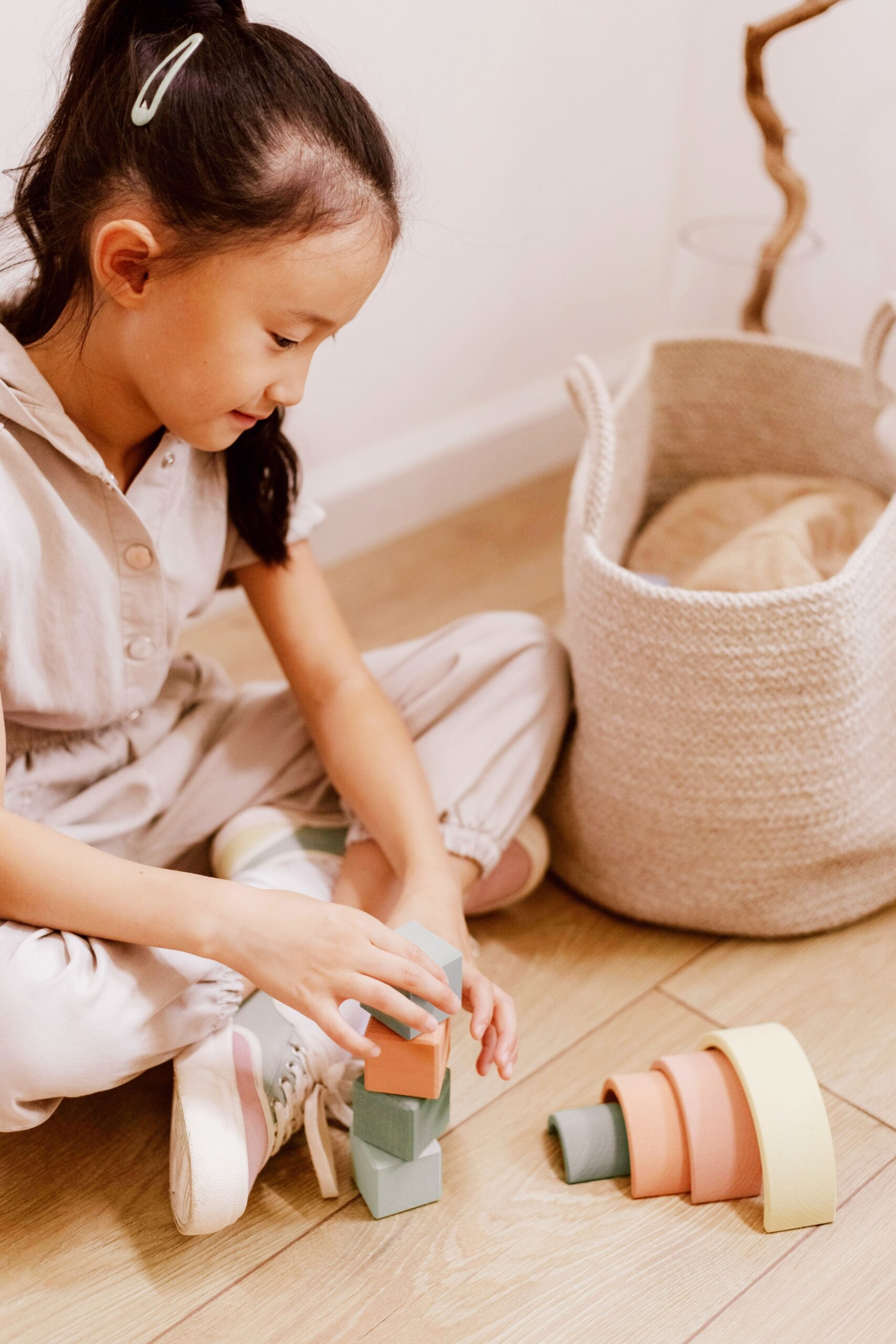Are you ready to embark on a journey to unleash your child’s linguistic potential? Look no further than Building Language Skills with Montessori Toys. In this article, we’ll delve into the fascinating world of Montessori education and explore how these thoughtfully crafted toys can ignite your child’s language skills. From enhancing vocabulary to refining sentence structure, Montessori toys offer a holistic approach to language development that is both engaging and effective.
Understanding Montessori Toys
What exactly are Montessori toys, and how do they differ from traditional toys? Montessori toys are meticulously designed to stimulate a child’s senses and encourage independent exploration. Unlike their flashy, battery-operated counterparts, Montessori toys prioritize simplicity, durability, and natural materials. These toys are carefully crafted to promote hands-on learning and foster a child’s innate curiosity.
Language Skills Enhanced by Montessori Toys
How do Montessori toys facilitate language development in young learners? Let’s take a closer look at the key language skills that can be nurtured through play:
- Vocabulary Development: Montessori toys offer rich opportunities for children to learn and practice new words. Whether it’s naming objects with wooden alphabet blocks or describing images on language cards, these toys provide a tactile and immersive way to expand vocabulary.
- Sentence Structure and Grammar: Through interactive play with Montessori toys, children naturally begin to grasp the fundamentals of sentence structure and grammar. Sorting and arranging language cards or constructing sentences with magnetic word tiles are just a few examples of activities that promote linguistic fluency.
- Phonological Awareness: Montessori toys also play a crucial role in developing phonological awareness—the ability to recognize and manipulate sounds in spoken language. Activities such as matching sound cylinders or playing with rhyming words help children hone their auditory discrimination skills.
Examples of Montessori Toys for Language Development
Curious about which Montessori toys are best suited for fostering language skills? Here are some examples to consider:
- Wooden Alphabet Blocks: These timeless classics provide endless opportunities for letter recognition, spelling practice, and word building.
- Language Cards with Pictures: Featuring vibrant images paired with corresponding words, language cards are perfect for expanding vocabulary and encouraging descriptive language.
- Sound Cylinders: These tactile sound matching games help children develop phonemic awareness and sharpen their listening skills.
Tips for Using Montessori Toys Effectively
Ready to harness the full potential of Montessori toys for language development? Keep these tips in mind:
- Encourage Open-Ended Play: Allow your child the freedom to explore Montessori toys at their own pace, fostering creativity and independent thinking.
- Provide Guided Activities: While open-ended play is important, don’t hesitate to introduce structured activities that target specific language skills.
- Rotate Toys Regularly: Keep things fresh and exciting by rotating Montessori toys regularly, preventing boredom and encouraging continued engagement.
Case Studies and Success Stories
Still not convinced of the transformative power of Montessori toys for language development? Let’s hear from some real-life success stories:
- Building Language Skills with Montessori Toys helped Sarah’s son, Jack, overcome speech delays and build confidence in expressing himself.
- Through consistent play with Montessori toys, David’s daughter, Emily, developed a love for reading and writing at an early age.
FAQs: Demystifying Montessori Toys
Q: Are Montessori toys only suitable for preschool-aged children?
A: While Montessori toys are often associated with early childhood education, they can benefit children of all ages, from toddlers to elementary school students.
Q: Do I need special training to incorporate Montessori toys into my child’s routine?
A: While familiarity with Montessori principles can be helpful, anyone can harness the power of Montessori toys to support language development at home.
Q: Are Montessori toys expensive?
A: While some Montessori toys may come with a higher price tag, there are plenty of affordable DIY options available. Additionally, investing in quality toys that will withstand years of play can ultimately be more cost-effective in the long run.
Conclusion
In conclusion, Building Language Skills with Montessori Toys offers a dynamic and engaging approach to fostering linguistic brilliance in young learners. By providing a stimulating environment filled with thoughtfully crafted toys, parents and educators can empower children to become confident and articulate communicators. So why wait? Dive into the world of Montessori toys today and watch your child’s language skills soar to new heights!

